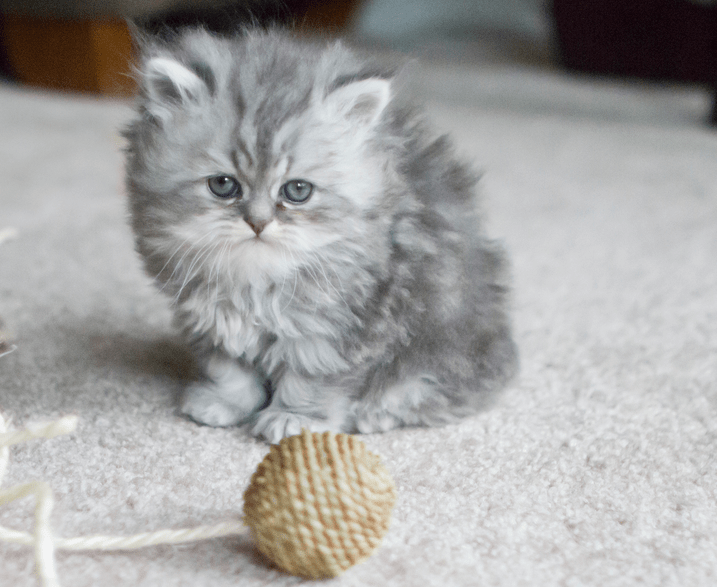Advertisement
Not Kitten Around: Cat Vaccine May Someday Treat Allergies In Humans

By Nicole Tay
CommonHealth Intern
I love cats.
Unfortunately, feline biology doesn't quite agree with my own. So, while I would love nothing more than to snuggle up to an adorable furball of histamines, my itchy eyes and swelling throat protest. Like me, an estimated 10 percent of the population is allergic to cats — more specifically, allergic to the fel d 1 protein found in a cat's saliva and sweat. This protein accounts for about 95 percent of all allergic symptoms in cat-sensitive humans.
The normal function of fel d 1 remains unknown, however, in humans. It can trigger an allergic (itchiness, sneezing, hives, etc.) or even asthmatic immune response. Through the cat's regular self-grooming, the protein spreads all over the animal's fur, which in turn ends up, well, everywhere.
But researchers at the Swiss company HypoPet, in partnership with U.K.-based Benchmark, may someday offer relief for us allergy-prone cat lovers. In a recent news release, Benchmark announced the development of a new cat vaccine which targets and neutralizes the fel d 1 protein.
Gabriela Senti, a clinical researcher at the University of Zurich and CEO of the spin-off company HypoPet, explains how the "HypoCat" shot for kitties works:
Instead of injecting immunotherapy to the patient, we are developing a vaccine to develop antibodies against this fel d 1 in the cats. Fel d 1 is a protein that it is known to not have a very important function [in the cat’s biology] and to reduce it to a very low minimum does not harm the cats. Some cats have a very low concentration by nature and are totally healthy. The symptoms of the patient are dependent on the concentration of the fel d 1, so our goal is to reduce these symptoms in humans.
Dr. Senti mentioned that there’s no need to worry about any harm to your furry friend. Indeed, she said, these new hypoallergic cats are perhaps more likely to find permanent homes with their allergen-free dander, adding that in the U.S., cat allergies are the second most common reason for abandonment of a feline pet. Also, before any vaccine is commercialized, it must withstand an intensive approval process. “Vaccines for animals have to fulfill similar requirements as vaccines for humans,” says Dr. Senti. All research and development must comply with Good Manufacturing Practices, which are strictly enforced by the National Regulatory Agencies in the EU.
So while Benchmark “expects the vaccine to be commercialized within 3-4 years,” there’s a lot of work yet to be done. Despite the journey ahead, Dr. Senti is upbeat about HypoCat’s future. While the vaccine may be years away, it still makes me hopeful that someday, those of us with allergies, will be able to snuggle in to a furry cat's belly, without a single itch, tear or wheeze.